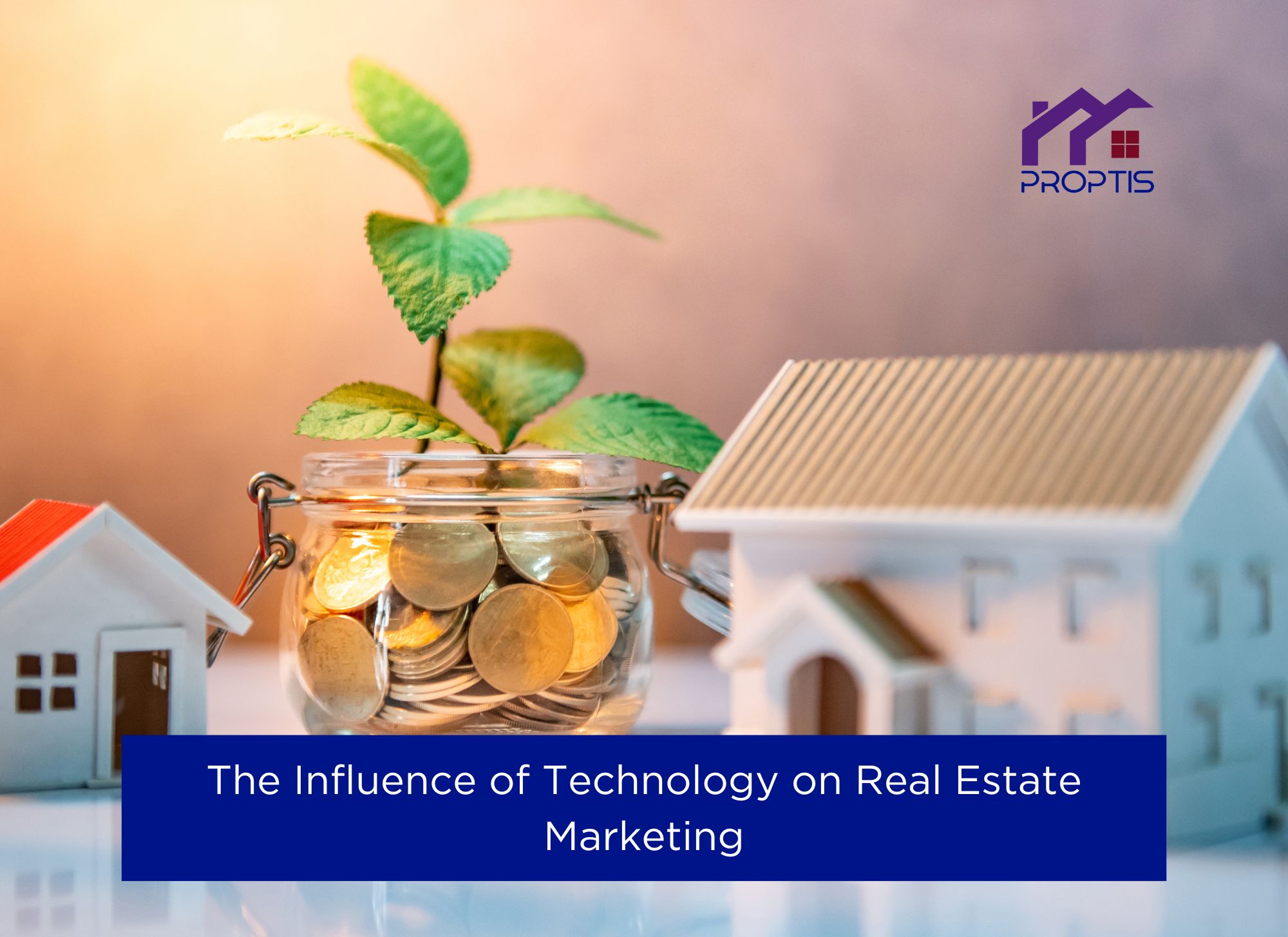In recent years, technology has fundamentally transformed various industries, and real estate is no exception. A while back, traditional marketing methods dominated by newspaper ads and yard signs. Today, real estate professionals are leveraging cutting-edge technologies to reach wider audiences, streamline processes, and provide immersive experiences for prospective buyers. In this piece, we dig into the profound impact of technology on real estate marketing and explore how it is reshaping the way properties are sold.
The Rise of Digital Platforms:
One of the most significant shifts in real estate marketing has been the rise of digital platforms. Websites, social media platforms, and mobile apps have become indispensable tools for real estate agents and agencies to showcase properties to potential buyers. These platforms offer a global reach, allowing agents to target specific demographics and market segments with precision. Moreover, the interactive nature of digital platforms enables prospective buyers to explore properties virtually, saving time and resources for both buyers and sellers.
Virtual Tours and 3D Visualization:
Technological advancements have made it possible for prospective buyers to tour properties without setting foot inside them. Virtual reality and 3D visualization technologies have transfigured the way properties are showcased, providing immersive experiences that closely mimic physical tours. Through virtual tours, buyers can explore every corner of a property, examine details, and get a sense of the space as if they were there in person. This does not only enhance the buyer’s experience but also expedites the decision-making process, leading to faster sales.
Data Analytics and Predictive Modelling:
In the era of big data, real estate professionals are connecting the power of data analytics and predictive modelling to gain insights into market trends, buyer behaviour, and property valuations. By analysing vast amounts of data, agents can identify patterns, predict market movements, and tailor their marketing strategies accordingly. For example, data-driven pricing models help sellers determine the optimal listing price based on factors such as location, property size, and comparable sales in the area. Similarly, predictive analytics can anticipate the demand for specific types of properties, allowing agents to target their marketing efforts effectively.
Artificial Intelligence and Chatbots:
Artificial intelligence (AI) and chatbot technologies are revolutionizing customer service in the real estate industry. AI-powered chatbots can engage with potential buyers in real-time, answering queries, providing property information, and even to the extend of scheduling property viewings. These chatbots operate round-the-clock, ensuring that enquiries are addressed on time, regardless of the time zone or location of the buyer. By automating repetitive tasks and streamlining communication, AI-powered chatbots enhance efficiency and improve the overall customer experience.
The impact of technology on real estate marketing cannot be overstated. From digital platforms and virtual tours to data analytics and AI-powered chatbots, technology is reshaping every aspect of the real estate industry. By embracing these innovations, real estate professionals can stay ahead of the curve, reach wider audiences, and provide immersive experiences that delight buyers. As technology continues to evolve, the future of real estate marketing holds endless possibilities, promising a more efficient, transparent, and customer-centric experience for buyers and sellers comparably.
By: Magdalene Nana Konadu N. Agyemang.

